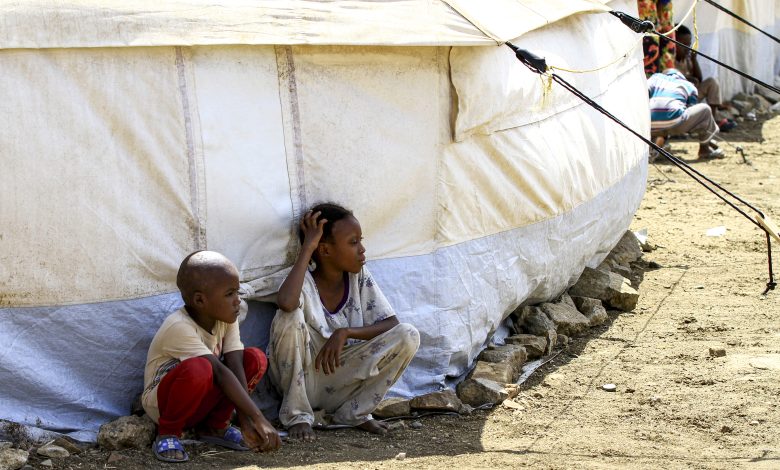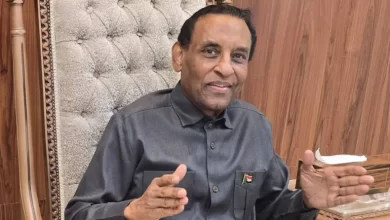UN agencies warn of losing an entire generation of Sudanese children

Sudan Events – Agencies
Three UN agencies affirmed that child malnutrition in Sudan has reached emergency levels, particularly among pregnant and lactating women, and expected the situation of children and women in Sudan to worsen in the coming months.
Three UN agencies issued a severe warning that all indicators point to a significant decline in the nutritional status of children and mothers in war-torn Sudan, noting that the lives of Sudanese children are now in grave danger, and urgent action must be taken to protect an entire generation from malnutrition, disease and death.
The three agencies called for “providing immediate and unhindered humanitarian access to local communities suffering the worst effects of this brutal and protracted conflict, through all possible crossing points and cross-border routes with neighboring countries, in addition to calming the situation in El Fasher and reaching a nationwide ceasefire.
We continue to rely on renewed, large and expanding support from donors. The window available to avoid the worst situation is closing fast.”
“Children in Sudan are suffering horrific levels of violence, displacement and trauma — and now they face the prospect of famine. When children suffer from severe forms of malnutrition, their physical and cognitive development suffers, and the damage can last a lifetime.
Parties to the conflict must urgently allow humanitarian access so that children can receive food, water, health care and shelter.
Most importantly, children need peace,” said UNICEF Executive Director Catherine Russell.
“Women and children across Sudan are wasting away from malnutrition, and the ongoing war has stripped them of everything they need to survive: food, medical support and shelter. We need safe, immediate access to provide the humanitarian assistance they desperately need. Without it, this crisis risks becoming the world’s largest hunger emergency.
Millions of lives are at grave risk, and the international community must act now or we risk losing an entire generation of children,” said WFP Executive Director Cindy McCain. “Malnutrition is not a one-time crisis. Malnourished children face lifelong difficulties in growth and poor health, and are more likely to die from infectious diseases. Time is running out, and Sudan’s children and women are on the brink of starvation,” said WHO Director-General Tedros Adhanom Ghebreyesus.
WHO and its partners are on the ground to prevent and treat severe malnutrition to save these precious lives, but we need sustained humanitarian access and full financial support to do so.”



